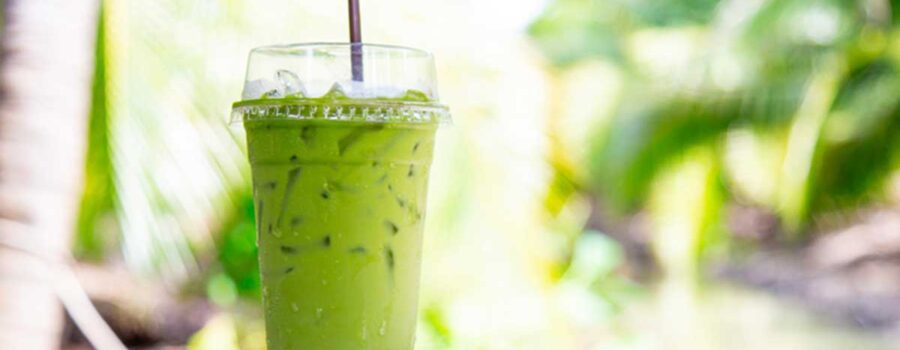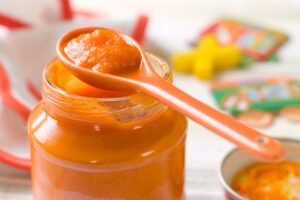Do you ever find yourself in the grocery store, or in this case, the coffee shop, staring at a product and wondering, “Is this really as healthy or eco-friendly as it says?” I sure have. The recent buzz around Starbucks Lawsuit and their ‘Refresher’ drinks had me mulling over this very question. It got me thinking about the tricky terrain we navigate as consumers, especially when trying to make the best choices for our families in a culture of greenwashing.
Do Fruity Names Mean Real Fruit?
Let me paint a picture: a hot day, kids in tow, and a craving for something cool and fruity. Enter Starbucks with their tantalizing ‘Refresher’ drinks. Mango Dragon-Fruit? Yes, please! But then, I stumbled upon news suggesting that these drinks might not have all the advertised fruits. It’s like buying a toy for your kiddo and finding out half the pieces are missing – not cool, right?
Now, Starbucks argues that the names are about the flavors, not the ingredients. And sure, while “flavor” can be a grey area, it had me thinking about how often we might be swayed by crafty naming or branding.
The “Culture of Greenwashing” Might Just Be a Paint Job
Have you heard of “greenwashing”? It’s when companies dress up their products as more environmentally friendly than they actually are. Think of it like that toy box that claims to be “eco-friendly,” but you later find out it’s not recyclable. With our planet’s health on the line and our kids set to inherit the earth, it’s more important than ever to be mindful of these claims. The last thing we want is to buy into false promises.
Health Buzzwords and What They Really Mean
Now, I’m no nutritionist, but like many of you, I try to make healthy choices for my family. But with every cereal box or snack bar shouting “natural” or “organic,” it’s hard to know what’s legit. And here’s a confession: I’ve fallen for the “organic cookie” trap, thinking it was a healthier choice. Spoiler alert: An organic cookie can still be full of highly refined ingredients.
Tips to Navigate the Greenwashing Culture
So, how do we wade through the marketing maze? Here are a few things I’ve picked up along the way:
- Do Some Digging: Before buying, especially if it claims to be ‘green’ or ‘healthy’, a quick Google search can work wonders.
- Buzzwords Beware: Not all “natural” things are good (poison ivy is natural too!). Learn what these terms really mean.
- Certifications Can Help: They aren’t foolproof, but things like the USDA Organic label can be good indicators.
- Engage: I’ve found many brands are more transparent when you ask them direct questions, especially on social media.
At the end of the day, it’s about making informed choices for our loved ones. While we can’t always get it right, a little extra effort can go a long way in ensuring our families get the best.








